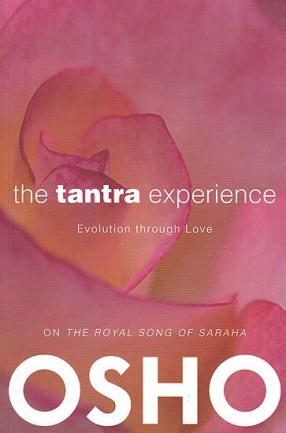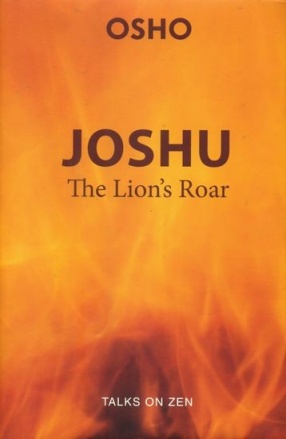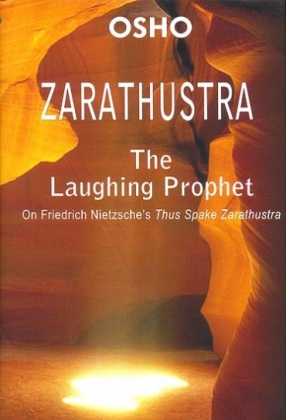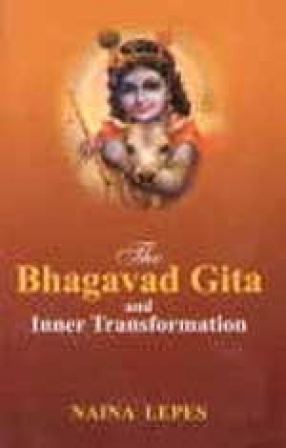This life is a gift from existence, to be lived and enjoyed. But with the seemingly impossible and conflicting demands of society, morality and culture, people struggle with feelings of unfulfilled potential, frustration and guilt, rather than living full lives.
This uplifting book gives a taste of Osho’s life-affirmative, accepting, and far-reaching wisdom when commenting on The Royal Song of Saraha.
Saraha was an 8th century Indian sage who left his opulent life in the royal court to live with an arrowsmith woman. Inspired by her single-pointed awareness, and the potential of living each moment, Tantra was born.
The world of Tantra has no division between higher and lower. The simple, ordinary, things of life are transformed into great things when we enter into them totally – be it car fixing, floor cleaning or lovemaking. Osho shows how, living this vision, new heights of consciousness and freedom are realized.
“Do any action totally and you are free of it and you don’t look back. And the real man never looks back, because there is nothing to see. He has no hangovers; he simply goes ahead. His eyes are clear of the past; his vision is not clouded. In that clarity one comes to know what reality is.”
ABOUT THE AUTHOR Osho .
Osho was born in Kuchwada, Madhya Pradesh, on 11 December 1931. Rebellious and independent from childhood, he insisted on experiencing the truth for himself rather than acquiring knowledge and beliefs given by others. He attained 'enlightenment' at 21 and went on to complete his academic studies. He spent several years teaching philosophy at the University of Jabalpur. Meanwhile, he travelled throughout India delivering talks and meeting people from all walks of life. By the 1960s, Osho had begun to develop his unique dynamic meditation techniques. He felt that modern man is so burdened with the archaic traditions of the past as well as the anxieties of modern-day living that he must go through a deep cleansing process before he can hope to discover the thought-less, relaxed state of meditation. In the early 1970s, the West first began to hear of Osho. By 1974, a commune had been established around him in Pune, and the trickle of visitors from the West soon became a flood. Osho spoke of every aspect of life and on the development of human consciousness. Based on his own existential experience rather than on intellectual understanding, he distilled the essence of what is significant to the spiritual quest of contemporary man. Osho left his body on 19 January 1990. His commune in India continues to attract thousands of international visitors who come to participate in its meditation, therapy and creative programmes or to simply experience being in a 'Buddhafield'. Osho's talks have been published in more than 600 volumes and translated into over thirty languages.








There are no reviews yet.